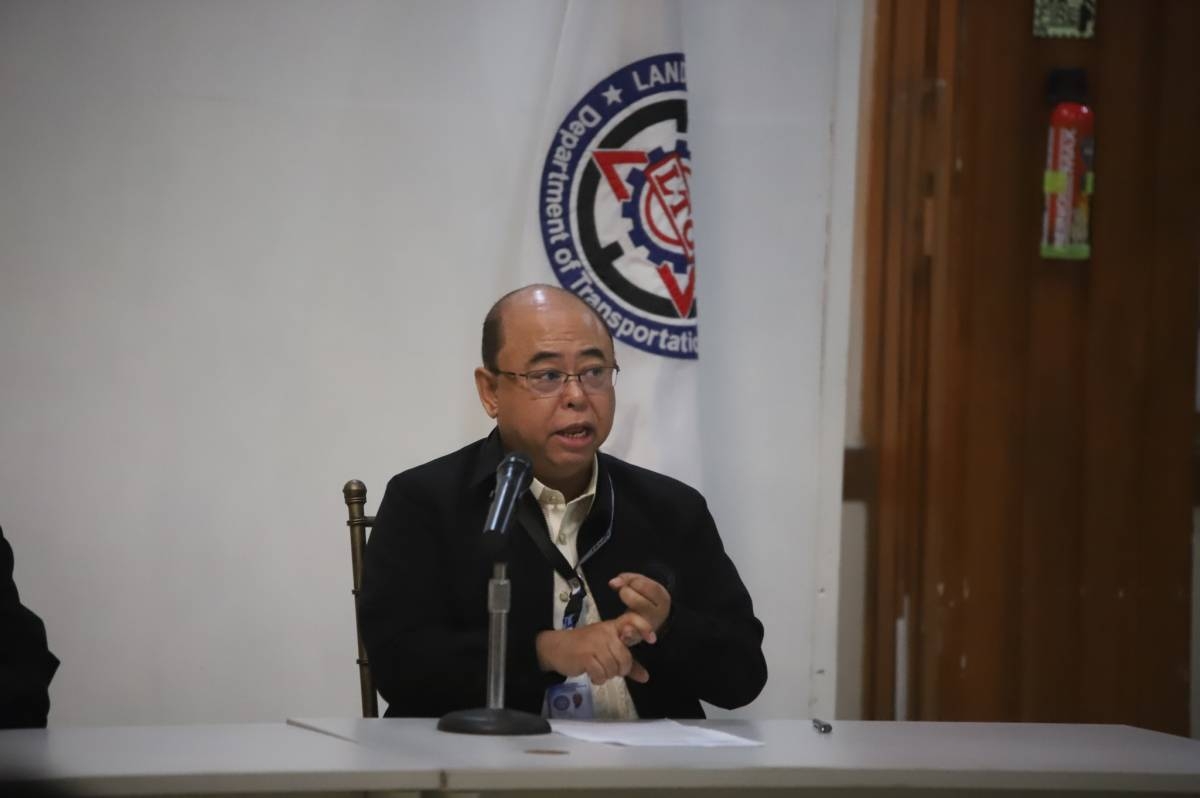MANILA, Philippines: The Land Transportation Office (LTO) chief, Vigor Mendoza 3rd, has vehemently denied the corruption allegations leveled against him, dismissing them as a desperate attempt to mislead and misinform the public. In response to the accusations, Assistant Secretary Mendoza stated, “All the allegations that were raised in the paid advertisements are false.”
The allegations against Mendoza extend beyond corruption, with claims of betrayal of public trust, grave abuse of authority, loss of trust and confidence, acts prejudicial to the public, and reputational risk against the Philippine government. These allegations were made through published open letters in newspapers by various organizations, including the Federated Land Transport Organizations of the Philippines (FELTOP) and the Coalition for Good Governance, Konsumo Pinas, Magtulungan Tayo, Philippine Transport Monitor, Samahan ng Kabataan Para sa Makabuluhang Pagbabago, and Kamalaya Consumer Cooperative, among others.
One of the key issues raised by these groups is the continued charging of computer fees by LTO offices that are still using the old IT System, while those using the new Land Transportation Management System (LTMS) have abolished the fee. Mendoza clarified that, under his watch and upon the instructions of President Ferdinand Marcos Jr. and Transport Secretary Jaime Bautista, system glitches in all LTO digital transactions were addressed through the consolidation and migration to a new IT provider contracted by the government.
Thanks to the hard work of the LTO’s IT experts, Mendoza highlighted that 97 percent of all vehicle transactions are now being processed under the LTMS, and the LTO has achieved 100 percent in driver’s license transactions. He emphasized that the agency is committed to establishing a reliable digital infrastructure for all LTO transactions and will not be distracted by these baseless allegations.
In response to the allegations, Transport Secretary Bautista has ordered Mendoza to promptly submit his explanation and comments. Bautista acknowledged the seriousness of the accusations, stating that they demand an in-depth investigation and equally serious affirmative action. He assured the public that the government will prioritize the public’s best interest and the welfare of the nation in resolving these matters. The findings of the investigation will be made public as soon as possible.
The allegations against LTO chief Vigor Mendoza have sparked a heated debate in the Philippines. While some organizations are calling for his removal, Mendoza maintains his innocence and asserts that the allegations are nothing more than an attempt to undermine his reputation and distract from the progress being made in modernizing the LTO’s systems.
It is important to approach these allegations with caution and allow the investigation to unfold. The claims made by the various organizations must be thoroughly examined, and if any wrongdoing is found, appropriate action should be taken. However, until concrete evidence is presented, it is essential to maintain a fair and unbiased perspective.
The LTO plays a crucial role in ensuring the smooth functioning of the Philippines’ transportation system. As such, it is imperative that the agency operates with transparency, accountability, and efficiency. The ongoing efforts to digitize and streamline processes are commendable and should be supported, as they aim to enhance the overall experience for both vehicle owners and drivers.
In conclusion, the corruption allegations against LTO chief Vigor Mendoza have sparked controversy and raised concerns about the agency’s integrity. Mendoza has vehemently denied the accusations, labeling them as baseless and aimed at misleading the public. The investigation into these allegations will shed light on the truth and determine the appropriate course of action. In the meantime, the LTO remains committed to its goal of establishing a reliable digital infrastructure for all transactions, ensuring a more efficient and transparent transportation system for the people of the Philippines.







